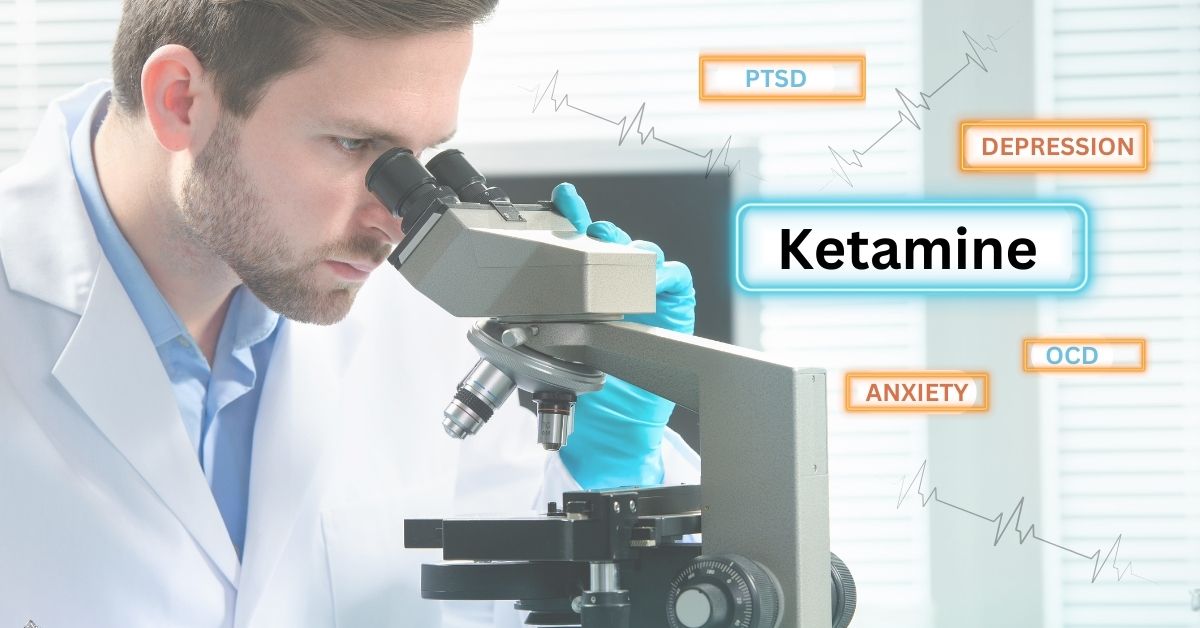Understanding Social Anxiety Disorder Social Anxiety Disorder (SAD) is characterized...
Continue Reading
Ketamine therapy has gained traction as a promising treatment for a range of psychological and chronic pain conditions. However, as with Secure Ketamine Sessions with any medical treatment, understanding the risks and proper protocols is crucial for ensuring patient safety. This article, reviewed by Dr. Yuli Fradkin, provides essential insights into the safe application of ketamine therapy.
Ketamine, originally used as an anesthetic, now shows potential in treating depression, Effective Ptsd Treatment NJ, and other mental health issues. However, its medical application requires careful consideration to avoid serious risks associated with unsupervised use. Unsupervised sessions, often associated with at-home ketamine companies, pose significant dangers, including overdose, dependence, addiction, and various adverse psychological effects. Patients might also experience impaired coordination and judgment, allergic reactions, and the risk of using contaminated substances. Understanding these risks underscores the importance of professional oversight in all Secure Ketamine Sessions treatment.
Professional supervision during Ketamine Fort Lee NJ isn’t just recommended; it’s essential. Medical professionals not only administer the drug in a controlled environment but also monitor the patient’s response to mitigate any potential side effects immediately. This Secure Ketamine Sessions supervision ensures that the administration is safe, dosages are correct, and the patient’s overall health is monitored continuously.
Before starting ketamine therapy, a thorough assessment is critical to determine if it’s suitable for the patient. Secure Ketamine Sessions include initial contact, comprehensive screening, and detailed preparation, ensuring that the patient is a viable candidate for treatment. Continuous monitoring during the treatment also plays a pivotal role, enabling healthcare providers to adjust treatment plans as necessary and respond to any complications.
While Secure Ketamine Sessions have been heralded for their quick-acting relief in some patients, it is not a cure-all. It should be considered part of a comprehensive treatment plan, which may include traditional psychotherapy and medication. Setting realistic expectations is crucial for patient satisfaction and overall treatment success.
Ketamine therapy can be safe when conducted under strict professional guidelines and thorough patient assessment. However, it requires careful consideration of the patient’s specific needs, potential risks, and professional management to ensure its efficacy and safety. As reviewed by Dr. Yuli Fradkin, adherence to these standards can make ketamine a viable option for those who have not benefited from traditional treatments.
The Secure Ketamine Sessions largely depend on the adherence to medical guidelines and the expertise of the professionals administering them. With proper oversight, ketamine therapy offers a valuable alternative for treating certain medical conditions, but it must be approached with caution and responsibility.
For those interested in exploring Secure Ketamine Therapy Sessions further, there is a growing body of research and professional guidance available to help make informed decisions. It’s essential to consult with qualified healthcare providers who can evaluate individual needs, medical history, and treatment goals. Additionally, reaching out to reputable clinics that prioritize patient safety, follow stringent medical protocols, and offer personalized care is highly recommended. These secure environments ensure that patients receive not only the therapeutic benefits of ketamine but also the peace of mind that comes from being in safe, professional hands.
This Secure Ketamine Sessions article has been reviewed for accuracy and comprehensiveness by Dr. Yuli Fradkin, an expert in the field of neuroplasticity and psychiatric treatments.
Understanding Social Anxiety Disorder Social Anxiety Disorder (SAD) is characterized...
Continue ReadingKetamine Migraine Treatment: A Breakthrough in Lasting Migraine Relief Ketamine...
Continue ReadingKetamine for Anxiety and Mental Health: A Revolutionary Treatment Changing...
Continue ReadingDisclaimer: The medical information on this site is provided as an information resource only, and is not to be used or relied on for any diagnostic or treatment purposes. This information is not intended to be patient education, does not create any patient-physician relationship, and should not be used as a substitute for professional diagnosis and treatment. Always consult your healthcare provider before making any healthcare decisions or for guidance about a specific medical condition.